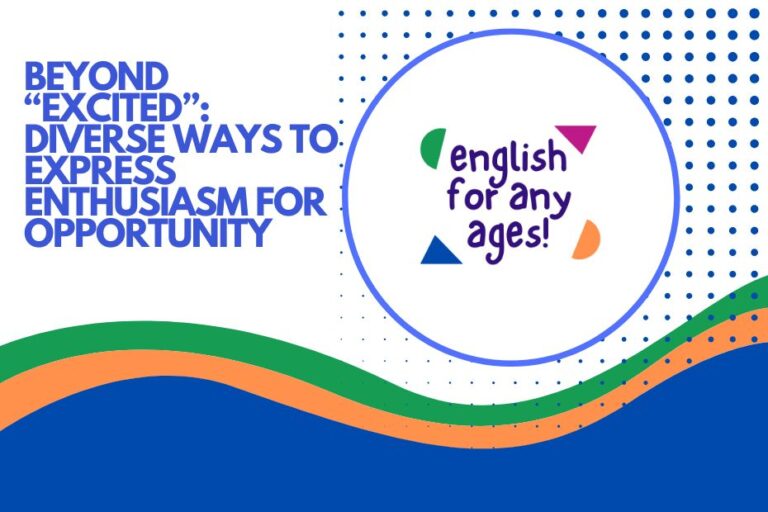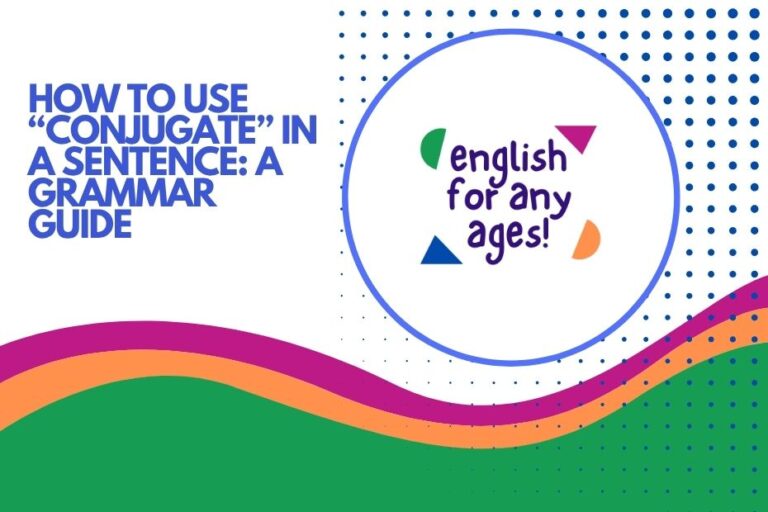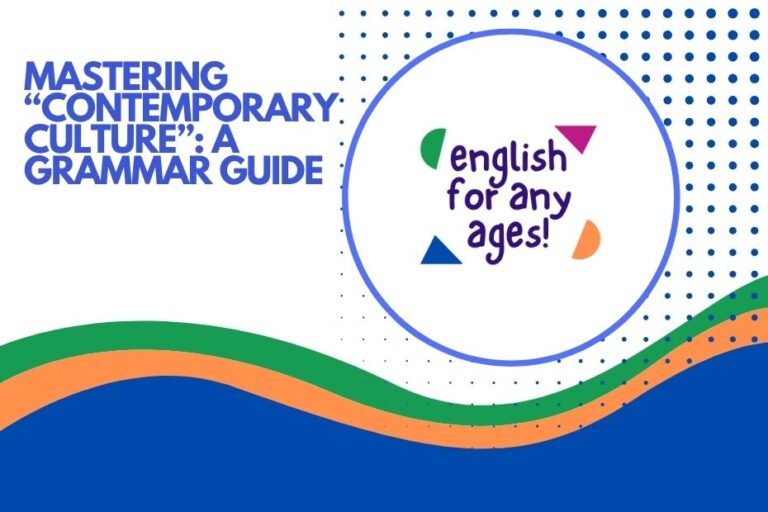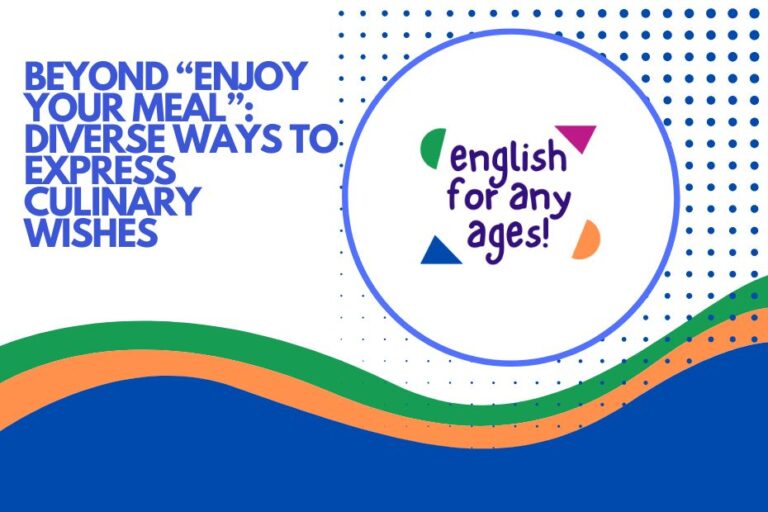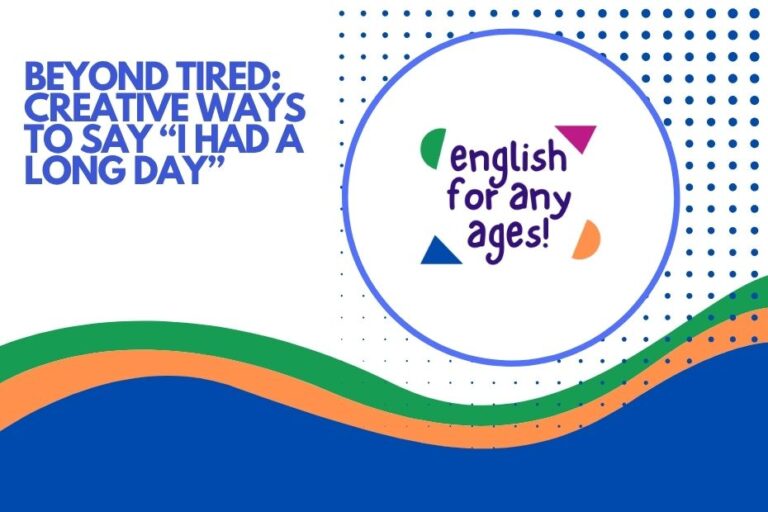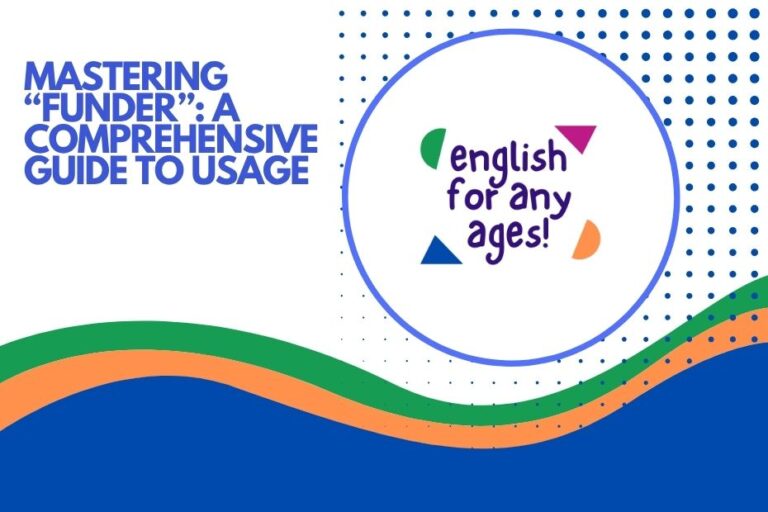Using “Excellent Source” in a Sentence: A Comprehensive Guide
Understanding how to use the phrase “excellent source” correctly is crucial for academic writing, professional communication, and everyday conversation. This phrase is used to highlight the reliability and value of information, and mastering its usage can significantly enhance the credibility of your statements.
Whether you’re a student citing research, a professional presenting data, or simply sharing information, knowing how to incorporate “excellent source” effectively will improve your communication skills. This guide will benefit students, writers, researchers, and anyone looking to improve their grasp of English grammar and usage.
This article will provide a detailed breakdown of the phrase “excellent source,” covering its definition, structural elements, various uses, and common mistakes to avoid. Through clear explanations, numerous examples, and practical exercises, you will gain a solid understanding of how to use “excellent source” with confidence and precision.
Let’s begin!
Table of Contents
- Introduction
- Definition of “Excellent Source”
- Structural Breakdown
- Types and Categories of Sources
- Examples of “Excellent Source” in Sentences
- Usage Rules for “Excellent Source”
- Common Mistakes to Avoid
- Practice Exercises
- Advanced Topics: Nuances and Variations
- Frequently Asked Questions
- Conclusion
Definition of “Excellent Source”
The phrase “excellent source” refers to a resource that provides reliable, accurate, and valuable information. It signifies that the source is of high quality and can be trusted for its content.
“Excellent” is an adjective that describes the quality of the “source,” which is a noun referring to the origin of information.
In terms of grammatical classification, “excellent source” functions as a noun phrase. It can act as a subject, object, or complement within a sentence.
Its primary function is to identify and commend a particular source of information, emphasizing its credibility and worth.
The phrase is commonly used in academic writing to justify the use of a particular reference, in professional settings to support claims with reliable data, and in everyday conversations to highlight the trustworthiness of a piece of information. The context dictates the specific nuance, but the underlying meaning remains consistent: the source is trustworthy and valuable.
Structural Breakdown
The phrase “excellent source” is straightforward in its structure. It consists of two main components:
- Adjective: “Excellent” – This word modifies the noun “source,” indicating its high quality or superior nature. It describes the characteristic that makes the source valuable.
- Noun: “Source” – This refers to the origin of the information, whether it’s a book, article, website, expert, or any other resource.
The adjective “excellent” always precedes the noun “source.” The phrase can be further integrated into a sentence using various prepositions and verbs to convey different meanings. For instance, “According to an excellent source…” or “This is considered an excellent source…”
Here are a few examples illustrating how the phrase can be incorporated into different sentence structures:
- Subject: An excellent source of information is the university library.
- Object: The professor recommended an excellent source for our research.
- Complement: The website proved to be an excellent source for current events.
Types and Categories of Sources
Understanding the different types of sources is essential for accurately identifying and referring to an “excellent source.” Sources can be broadly categorized based on their nature and purpose.
Primary vs. Secondary Sources
- Primary Sources: These are original materials or firsthand accounts, such as historical documents, research data, literary works, and personal narratives.
- Secondary Sources: These are interpretations or analyses of primary sources, such as textbooks, biographies, and critical reviews.
Academic vs. Non-Academic Sources
- Academic Sources: These are scholarly publications, such as peer-reviewed journals, academic books, and conference proceedings. They are typically written by experts in the field and undergo rigorous review processes.
- Non-Academic Sources: These include popular magazines, newspapers, websites, and blogs. While they can provide useful information, they may not be as rigorously vetted as academic sources.
Credible vs. Non-Credible Sources
- Credible Sources: These are reliable and trustworthy sources that provide accurate information, such as government reports, reputable news organizations, and established research institutions.
- Non-Credible Sources: These are sources that may contain biased or inaccurate information, such as personal blogs with unsubstantiated claims, websites with a clear agenda, and sources lacking proper citations.
When referring to an “excellent source,” it is generally implied that the source is both credible and relevant to the topic at hand. The type of source (primary, secondary, academic, etc.) will influence how it is presented and cited.
Examples of “Excellent Source” in Sentences
The phrase “excellent source” can be used in various contexts to highlight the reliability and value of information. Here are examples categorized by academic, professional, and informal settings.
Academic Context
In academic writing, citing an “excellent source” demonstrates the thoroughness and credibility of your research. It shows that you have consulted reliable and authoritative materials to support your arguments.
The following table provides examples of how to use “excellent source” in an academic context:
| # | Sentence |
|---|---|
| 1 | According to Smith (2020), an excellent source on the topic, the effects of climate change are undeniable. |
| 2 | The Journal of Environmental Science is considered an excellent source for peer-reviewed research. |
| 3 | For a comprehensive overview of quantum physics, Griffiths’ textbook is an excellent source. |
| 4 | The professor recommended the National Institutes of Health website as an excellent source for medical information. |
| 5 | This study utilizes data from the World Bank, an excellent source of economic statistics. |
| 6 | The library’s online database provides access to numerous excellent sources for academic research. |
| 7 | Jane Austen’s novels are an excellent source for understanding 19th-century British society. |
| 8 | The historian cited the original letters as an excellent source of primary information. |
| 9 | For reliable data on population trends, the United Nations is an excellent source. |
| 10 | Many scholars regard his biography as an excellent source on Abraham Lincoln’s life. |
| 11 | The research paper identified several excellent sources, enhancing the credibility of its findings. |
| 12 | Refer to the Cochrane Library, an excellent source for systematic reviews in healthcare. |
| 13 | For understanding legal precedents, Westlaw is an excellent source. |
| 14 | The report relies heavily on data from the Bureau of Labor Statistics, an excellent source. |
| 15 | The encyclopedia is an excellent source for introductory information on various subjects. |
| 16 | She consulted multiple excellent sources before writing her thesis. |
| 17 | The textbook is considered an excellent source by many professors in the field. |
| 18 | The article points to several excellent sources for further reading on the topic. |
| 19 | The documentary film used archival footage as an excellent source of historical evidence. |
| 20 | The database is an excellent source for finding relevant articles and publications. |
| 21 | He cited the Oxford English Dictionary as an excellent source for definitions and etymology. |
| 22 | The study used data from the Centers for Disease Control and Prevention, an excellent source. |
| 23 | The museum’s collection served as an excellent source for her art history research. |
| 24 | The website provides links to many excellent sources for further investigation. |
| 25 | She found the government report to be an excellent source of statistical data. |
| 26 | The peer-reviewed journal is an excellent source for current research findings. |
| 27 | The online archive turned out to be an excellent source of historical documents. |
| 28 | The conference proceedings proved to be an excellent source of cutting-edge research. |
| 29 | The annotated bibliography listed several excellent sources on the subject. |
| 30 | The historical society’s archives are an excellent source for local history research. |
Professional Context
In professional settings, using “excellent source” can add weight to your arguments and recommendations. It demonstrates that your decisions are based on reliable information, enhancing your credibility and authority.
The following table provides examples of how to use “excellent source” in a professional context:
| # | Sentence |
|---|---|
| 1 | Our market analysis relies on data from Nielsen, an excellent source of consumer behavior insights. |
| 2 | The consultant recommended Gartner as an excellent source for IT industry trends. |
| 3 | For financial data, Bloomberg is an excellent source of real-time information. |
| 4 | The company uses reports from McKinsey as an excellent source for strategic planning. |
| 5 | We consider the World Health Organization an excellent source for global health guidelines. |
| 6 | The legal team uses Westlaw as an excellent source for case law and legal research. |
| 7 | The engineering team consults industry standards documents as an excellent source of best practices. |
| 8 | The HR department uses SHRM as an excellent source for human resources management practices. |
| 9 | The marketing team relies on Google Analytics as an excellent source of website traffic data. |
| 10 | Our security protocols are based on recommendations from NIST, an excellent source of cybersecurity standards. |
| 11 | The project manager identified several excellent sources for project management methodologies. |
| 12 | Our investment decisions are informed by reports from Morningstar, an excellent source. |
| 13 | The product development team uses customer feedback as an excellent source of innovation. |
| 14 | The sales team considers CRM data an excellent source for customer insights. |
| 15 | Our supply chain management relies on data from industry-leading logistics firms, an excellent source. |
| 16 | The board of directors views the annual report as an excellent source of company performance data. |
| 17 | The training materials cite the American Management Association as an excellent source. |
| 18 | The risk management team uses actuarial tables as an excellent source for assessing potential risks. |
| 19 | The public relations department considers press releases from reputable news outlets an excellent source. |
| 20 | Our environmental impact assessment relies on data from the EPA, an excellent source. |
| 21 | The research and development team consults scientific journals as an excellent source for innovation. |
| 22 | The customer service team relies on customer surveys as an excellent source of customer satisfaction data. |
| 23 | The compliance officer uses regulatory agency guidelines as an excellent source of legal requirements. |
| 24 | The facilities management team considers vendor documentation an excellent source for equipment maintenance. |
| 25 | The IT department uses security audit reports as an excellent source of system vulnerabilities. |
| 26 | The human resources team relies on employee feedback as an excellent source of workplace insights. |
| 27 | The finance department uses audited financial statements as an excellent source of economic data. |
| 28 | The operations team considers process flow diagrams as an excellent source of production information. |
| 29 | The logistics team uses transportation management systems as an excellent source of shipping data. |
| 30 | The executive team regards strategic planning documents as an excellent source of company direction. |
Informal Context
Even in informal conversations, referring to an “excellent source” can enhance the credibility of your statements. It shows that you are not just relying on hearsay but have consulted reliable sources.
The following table provides examples of how to use “excellent source” in an informal context:
| # | Sentence |
|---|---|
| 1 | My doctor recommended that website as an excellent source of health information. |
| 2 | I found a documentary on Netflix that was an excellent source for learning about ancient civilizations. |
| 3 | According to my neighbor, who is an expert gardener, that book is an excellent source for growing vegetables. |
| 4 | My friend, a professional chef, told me that cookbook is an excellent source for French cuisine. |
| 5 | The travel blog I follow is an excellent source for finding hidden gems in Europe. |
| 6 | That podcast is an excellent source for staying up-to-date on current events. |
| 7 | I heard from a reliable mechanic that this website is an excellent source for car maintenance tips. |
| 8 | My history teacher said that biography is an excellent source for understanding World War II. |
| 9 | The museum curator recommended that book as an excellent source for art history. |
| 10 | A financial advisor I know considers that newsletter an excellent source for investment advice. |
| 11 | My tech-savvy cousin says that website is an excellent source for the latest gadgets. |
| 12 | I found a YouTube channel that’s an excellent source for learning a new language. |
| 13 | A friend who works in cybersecurity recommended that blog as an excellent source. |
| 14 | My yoga instructor says that website is an excellent source for meditation techniques. |
| 15 | The local news station is an excellent source for community events. |
| 16 | My uncle, a retired engineer, considers that website an excellent source for technical information. |
| 17 | I heard from a lawyer that this legal blog is an excellent source for understanding basic laws. |
| 18 | A teacher I know says that educational website is an excellent source for kids’ learning activities. |
| 19 | My neighbor, who’s a real estate agent, considers that website an excellent source for property listings. |
| 20 | I found a forum that’s an excellent source for troubleshooting computer problems. |
| 21 | The local library website is an excellent source for finding books and resources. |
| 22 | My running coach recommended that website as an excellent source for training tips. |
| 23 | I saw a documentary on PBS that was an excellent source for understanding climate change. |
| 24 | My financial planner considers that newsletter an excellent source for market analysis. |
| 25 | A friend who is a nurse says that medical website is an excellent source for health information. |
| 26 | I found a website that’s an excellent source for learning about different cultures. |
| 27 | My dad, a history buff, told me this book is an excellent source on the Civil War. |
| 28 | The community center’s website is an excellent source for local activities and events. |
| 29 | My mechanic recommended that online forum as an excellent source for car repair advice. |
| 30 | A colleague who’s a programmer says that documentation is an excellent source for coding tips. |
Usage Rules for “Excellent Source”
Using “excellent source” effectively involves understanding the context and adhering to certain grammatical rules. Here are some key guidelines:
- Placement: The phrase “excellent source” can function as a subject, object, or complement in a sentence. Ensure that its placement aligns with the intended meaning.
- Accuracy: Only use the phrase when you genuinely believe the source is reliable and accurate. Overusing it can diminish its impact.
- Specificity: Whenever possible, specify what makes the source “excellent.” For example, “The journal is an excellent source due to its rigorous peer-review process.”
- Context: Tailor the phrase to the context. In academic writing, provide citations. In informal conversations, briefly explain why you consider the source excellent.
- Variety: Avoid overuse by using synonyms like “reliable source,” “authoritative source,” or “credible source.”
Consider these examples:
- Correct: The report from the CDC is an excellent source of data on disease outbreaks.
- Correct: I found an excellent source for learning about astrophysics online.
- Correct: The professor considers the textbook an excellent source for introductory physics.
Common Mistakes to Avoid
Several common mistakes can detract from the effectiveness of using “excellent source.” Being aware of these errors can help you use the phrase more accurately and confidently.
| Mistake | Incorrect Example | Correct Example | Explanation |
|---|---|---|---|
| Overusing the phrase | The website is an excellent source. The book is an excellent source. Everything is an excellent source! | The website is a reliable source. The book provides valuable insights. | Vary your language to avoid repetition and maintain credibility. |
| Using it for unreliable sources | According to a random blog, an excellent source, the earth is flat. | According to a reputable scientific journal, the earth is an oblate spheroid. | Ensure that the source is genuinely reliable before labeling it “excellent.” |
| Failing to provide context | This is an excellent source. | This peer-reviewed journal is an excellent source because of its rigorous methodology. | Explain why the source is considered excellent to add credibility. |
| Misusing it grammatically | Excellent source is the book. | The book is an excellent source. | Ensure correct sentence structure and grammar. |
| Using it without citation in academic writing | The data supports the claim (excellent source). | The data supports the claim (Smith, 2020). | Always provide proper citations in academic writing. |
Practice Exercises
Test your understanding of how to use “excellent source” with these exercises. Fill in the blanks or rewrite the sentences using the phrase correctly.
-
Question: The professor recommended the __________ for understanding astrophysics.
Answer: The professor recommended the textbook as an excellent source for understanding astrophysics.
-
Question: I found a __________ for learning about ancient history on YouTube.
Answer: I found a documentary that is an excellent source for learning about ancient history on YouTube.
-
Question: The World Health Organization is a __________ for global health information.
Answer: The World Health Organization is a an excellent source for global health information.
-
Question: Rewrite: The library has many reliable resources.
Answer: The library has many excellent sources.
-
Question: The __________ for staying up-to-date on current events is the BBC.
Answer: The BBC is an excellent source for staying up-to-date on current events.
-
Question: My doctor suggested __________ for finding reliable medical advice online.
Answer: My doctor suggested __________ the Mayo Clinic website as an excellent source for finding reliable medical advice online.
-
Question: The __________ for learning about different coding languages is Codecademy.
Answer: The Codecademy is an excellent source for learning about different coding languages.
-
Question: Rewrite: The government report is credible.
Answer: The government report is an excellent source.
-
Question: __________ for historical research are the National Archives.
Answer: The National Archives are an excellent source for historical research.
-
Question: She used __________ for her research paper on climate change.
Answer: She used peer-reviewed journals as excellent sources for her research paper on climate change.
Exercise 2: Identify the Errors
Identify and correct the errors in the following sentences:
-
Question: This blog is an excellent source, trust me.
Answer: This blog is an excellent source because it provides well-researched and cited information.
-
Question: Excellent source is the Wikipedia.
Answer: Wikipedia is an excellent source for initial information.
-
Question: Everything I read is an excellent source.
Answer: I consult a variety of reliable sources, including academic journals and reputable news outlets.
-
Question: The the excellent source said it.
Answer: An excellent source said it.
-
Question: Excellent source for knowing the news is a Facebook post.
Answer: A reputable news website is an excellent source for knowing the news.
-
Question: He said the excellent source.
Answer: He said it was an excellent source.
-
Question: This is excellent source, I promise.
Answer: This peer-reviewed article is an excellent source because it provides evidence-based research, I promise.
-
Question: The excellent source is always right.
Answer: An excellent source is highly reliable but should still be critically evaluated.
-
Question: I excellent source it from Google.
Answer: I found it from an excellent source on Google.
-
Question: My friend is excellent source.
Answer: My friend is an excellent source of information on this topic.
Advanced Topics: Nuances and Variations
For advanced learners, understanding the nuances and variations of using “excellent source” can further refine your communication skills.
Attributing Expertise
Sometimes, the source is not a document but a person with specific expertise. In such cases, it’s important to highlight their qualifications.
- “Dr. Smith, an excellent source on cardiology, recommends…”
- “Professor Jones, an excellent source of historical knowledge, believes…”
Qualifying “Excellent”
You can further qualify the adjective “excellent” to provide more specific information about the source’s strengths.
- “The journal is a particularly excellent source due to its rigorous peer-review process.”
- “The website is an exceptionally excellent source for up-to-date information.”
Synonyms and Related Phrases
To avoid repetition, use synonyms and related phrases to convey the same meaning.
- “Reliable source”
- “Authoritative source”
- “Credible source”
- “Trustworthy source”
- “Valuable resource”
Frequently Asked Questions
-
Question: When should I use “excellent source” in academic writing?
Answer: Use “excellent source” when referring to a resource that is reliable, accurate, and relevant to your research. Always provide proper citations to support your claims and demonstrate the credibility of your sources. It is particularly useful when introducing a key study or a seminal work in your field, highlighting its importance and trustworthiness to the reader.
-
Question: How can I determine if a source is truly “excellent”?
Answer: Evaluate the source based on several criteria, including the author’s credentials, the publication’s reputation, the presence of peer review, the accuracy of the information, and the absence of bias. Cross-reference information with other reliable sources to confirm its validity. Look for sources that are well-regarded in their respective fields and are known for their rigorous methodologies and ethical standards.
-
Question: Can I use “excellent source” to refer to Wikipedia?
Answer: While Wikipedia can be a useful starting point for research, it is generally not considered an “excellent source” for academic writing due to its open-editing policy. However, you can use Wikipedia to find potential sources and then evaluate those sources independently. Wikipedia can be a helpful tool for identifying relevant topics and key terms, but always verify the information with more authoritative sources before citing it in your work.
-
Question: What are some alternatives to “excellent source”?
Answer: Alternatives include “reliable source,” “authoritative source,” “credible source,” “trustworthy source,” and “valuable resource.” The best choice depends on the specific context and the nuances you want to convey. “Authoritative source” suggests that the source is an expert in the field, while “reliable source” emphasizes the consistency and accuracy of the information.
-
Question: How do I cite an “excellent source” in my research paper?
Answer: Follow the citation style required by your institution or publication (e.g., MLA, APA, Chicago). Include all necessary information, such as the author’s name, publication date, title, and source information. Use in-text citations to refer to the source within your paper and include a complete citation in your bibliography or works cited list. Ensure that your citations are accurate and consistent to avoid plagiarism.
-
Question: Is it appropriate to use “excellent source” in a formal presentation?
Answer: Yes, using “excellent source” in a formal presentation can enhance your credibility and demonstrate that your information is based on reliable evidence. Be sure to clearly identify the source and briefly explain why you consider it excellent. Visual aids, such as graphs and charts from reputable sources, can further support your claims and engage your audience.
-
Question: Can a personal interview be considered an “excellent source?”
Answer: Yes, a personal interview can be considered an “excellent source,” especially if the interviewee is an expert in the field or has firsthand knowledge of the topic. When citing a personal interview, provide the name and credentials of the interviewee, as well as the date of the interview. Be sure to obtain permission from the interviewee before publishing any information they provide.
-
Question: How can I avoid overusing the phrase “excellent source” in my writing?
Answer: Vary your language by using synonyms and related phrases. Instead of repeatedly using “excellent source,” try using “reliable information,” “credible data,” or “authoritative analysis.” Also, focus on providing specific details about the source’s strengths and qualifications rather than simply labeling it as “excellent.”
Conclusion
Mastering the use of “excellent source” is a valuable skill that enhances your communication across various contexts. By understanding its definition, structural elements, and usage rules, you can effectively highlight the reliability and value of information, boosting your credibility and authority.
Avoid common mistakes, practice regularly, and explore advanced topics to further refine your skills.
Remember that the key to using “excellent source” effectively lies in accuracy, context, and variety. Always ensure that the source is genuinely reliable, provide context to explain its excellence, and use synonyms to avoid repetition.
With consistent practice, you’ll be able to incorporate “excellent source” seamlessly into your writing and conversations, making your communication more persuasive and trustworthy.

